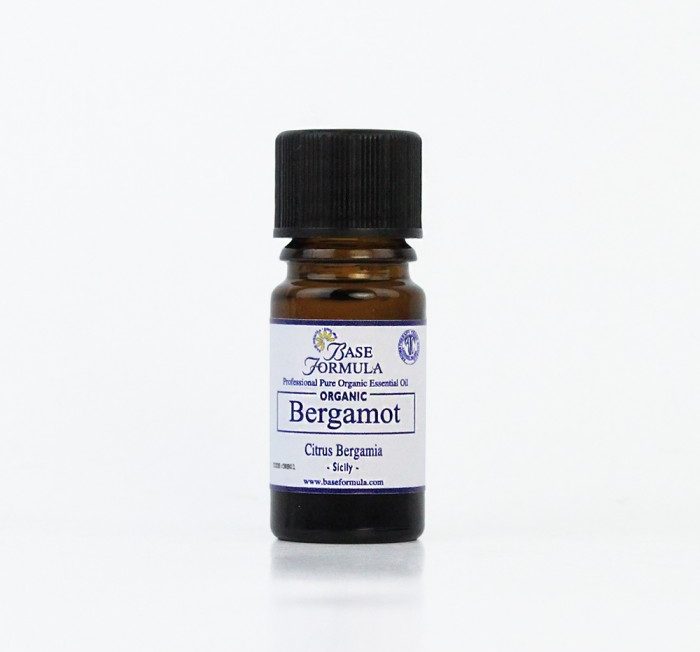How Organic Essential Oils Work For Your Skin?

Essential oils are emollients comprised of tiny molecules, small enough to move through a plant’s cells to deliver crucial mold, fungus, virus and bacteria fighting ingredients. Without heat or white blood cells, the plant’s immune system relies on these oils to fight off threats which could otherwise kill the plant. For many hundreds of years, humans have been distilling plant oils for their own benefit, but how do they work on us?
The University of Minnesota conducted a thorough study into how essential oils work. To begin with they looked at how they enter the body, and identified three different forms of absorption. Firstly through inhalation, secondly, by absorption through the skin, and lastly by eating or drinking something containing essential oils. The positive effects of essential oils were concluded to be both physiological and psychological. This means that we benefit from a physical reaction to the oils and we also benefit from our understanding that we have done something which could be good for our health.
Essential oils can be used to help a wide range of issues from respiratory and circulatory, to digestive and even reproductive disorders. However, for most people in the UK, essential oils are most associated with improving skin tone, complexion and condition. We are often impressed with their performance compared to other pharmaceutical or high street shop products because the small molecules allow essential oils to quickly pass through the skin tissues and cell walls, meaning absorption is rapid and results are reliable.
Inhalation is carried out through the nose or mouth, and is specifically helpful for bronchial disorders as well as common colds and allergies. Essential oils such as Eucalyptus oil can be used in hot water or with a diffuser. Using this method, essential oils are also likely to be absorbed through the skin on your face. Eucalyptus, like tea tree oil, has an astringent effect and can help acne and other skin health issues.
Other oils such as German Chamomile, black pepper and ginger are more useful when absorbed directly by the skin. As you may know, our skin is considered waterproof, however we can make it absorb water and oils when bathing or by massaging oils into the skin.
Every essential oil, like every person, is different, and the best way to find which ones are best for you is by experimenting. Some essential oils are not suitable for skin but many more are. Oils such as carrot seed oil, lavender oil, lemongrass oil, tea tree and monoi oil are all particularly beneficial.
As already mentioned, organic essential oil can be absorbed into the body in a number of different ways, through inhalation, skin absorption and consumption. When using oils for their benefits to skin, direct skin absorption is considered the best method. Start with small amounts to test for tolerance and work up, but don’t forget to keep all oils away from your eyes.
